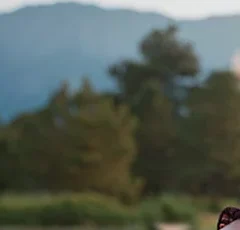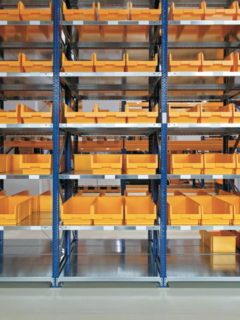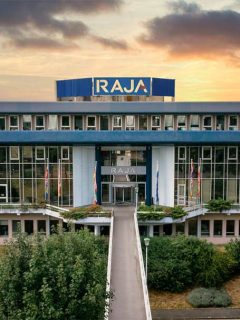Danièle Kapel-Markovici, CEO of RAJA Group, has always stressed that the role of society is not only economic but also social. With this strong conviction, she founded her foundation in 2006 to help women and defend values such as solidarity, respect and equality between women and men.
During the foundation’s lifetime, 288 associations have been supported. More than 100,000 women have been supported, including 20,000 in 2019 in 55 countries. In 12 years, €10 million has been raised.
TheWomen and the Environment programme is based on the following principles:
- The RAJA- Danièle Markovici Foundation has selected 6 projects to be financially supported under this programme.
- RAJA, in collaboration with suppliers, selected 10 ecological products whose purchase will support these projects.
- If you purchase one of the selected products before 31 August 2020, a donation of 25 CZK will be automatically made to one of the 6 selected projects
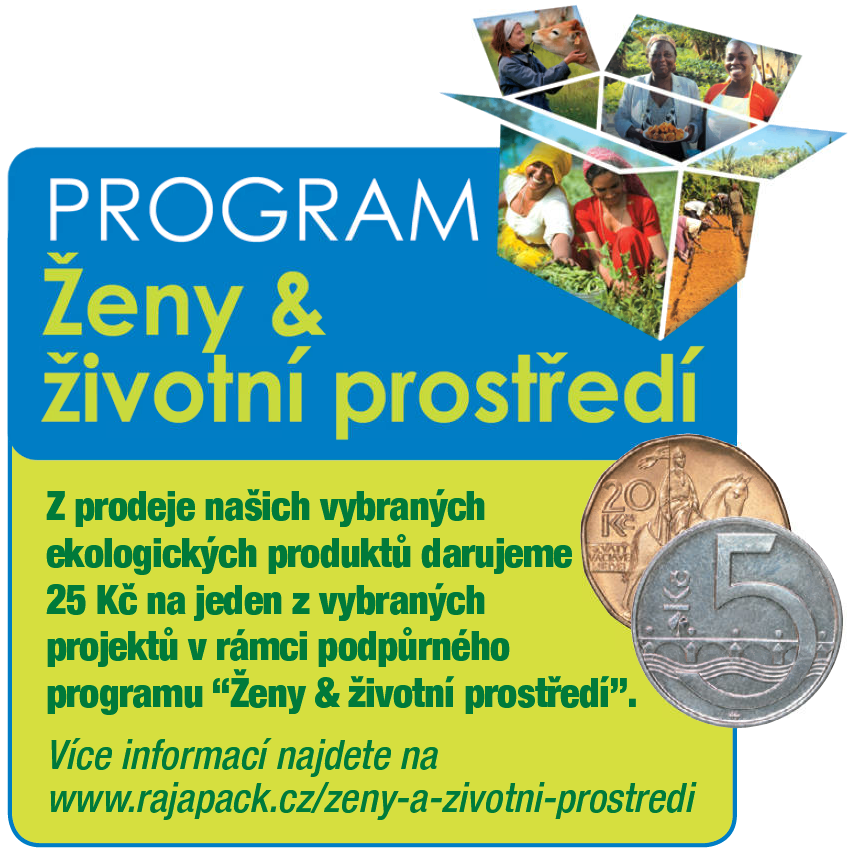
Supported projects:
Association for Economic and Social Development in Africa – Cameroon
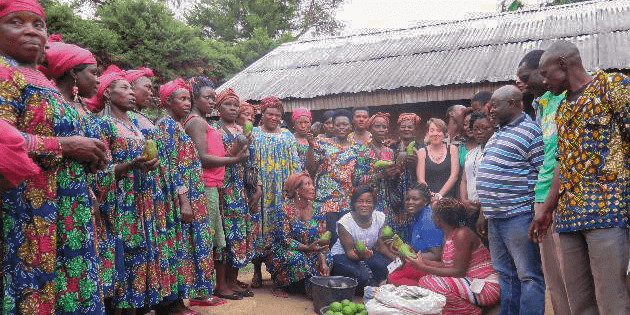
Promoting women’s economic independence by structuring sustainable avocado production.
In the Bafoussam region of northern Cameroon, where almost 80% of the population depends on agriculture. The impacts of climate change and harmful agricultural practices such as burning and deforestation are depleting the land and destroying local ecosystems. Avocado growers in this region face many obstacles caused by these problems, as well as a lack of storage infrastructure, resulting in a significant loss of their production.
Farmers and veterinarians without borders – Mongolia
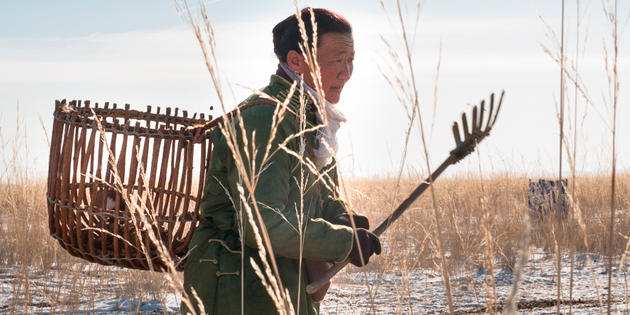
Promoting the role of women in agriculture and strengthening their productive activities.
The rural areas of Mongolia face an extreme continental climate. Mongolians have social and environmental problems that are exacerbated by climate change.
ESSOR – Republic of Congo
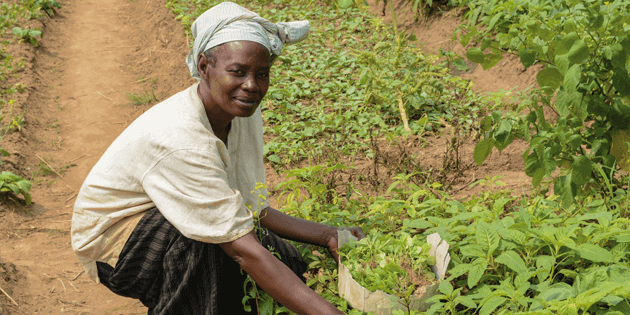
Developing women’s agro-ecological skills. Promoting and developing strategies to sell their products.
Farmers in the peri-urban area of Brazzaville are facing increasing food shortages caused by land degradation. This is a consequence of climate change, but intensive agricultural practices are used to increase yields, harming their health and that of consumers. Unfortunately, women are particularly affected by these practices because they cultivate the land and are more dependent than men on it to feed their families.
National Federation of Organic Agriculture – France
Promoting equality for women in agriculture
In rural France, women struggle for recognition. Since November 2017, FNAB has been working for equity for women in organic farming and taking steps to strengthen and highlight their contributions and work efforts. FNAB will organize training sessions on gender equality in the professional agricultural environment and train female employees on maternity leave in agriculture.
ISHPINGO – Ecuador
Ishpingo works in the Ecuadorian Amazon to improve the living standards of indigenous populations while working to preserve the native rainforest.
For the past fifteen years, the living conditions of the indigenous people in the Napo province of the Ecuadorian Amazon have been deteriorating. The growing oil industry in the area and pressure on natural resources are causing significant changes in the lifestyles of local communities. For example, this has caused men to leave the local agricultural areas to instead work on mining sites or in the cities, and it is common for women to be left to care for their families as well as work the land during this time.
Re-belle – France
Fighting food waste – processing unsold fruit and vegetables into handmade jams as part of women’s integration.
Every year, almost one third of the food produced and intended for human consumption is thrown away worldwide. Since 2017, Re-Belle has been fighting food waste by valuing unsold fruit and vegetables on the island of France. The unused product is turned into artisan jams and sold. Unemployed women work in a workshop in Aubervilliers, in the Seine-Saint-Denis region of France, to produce jams.











